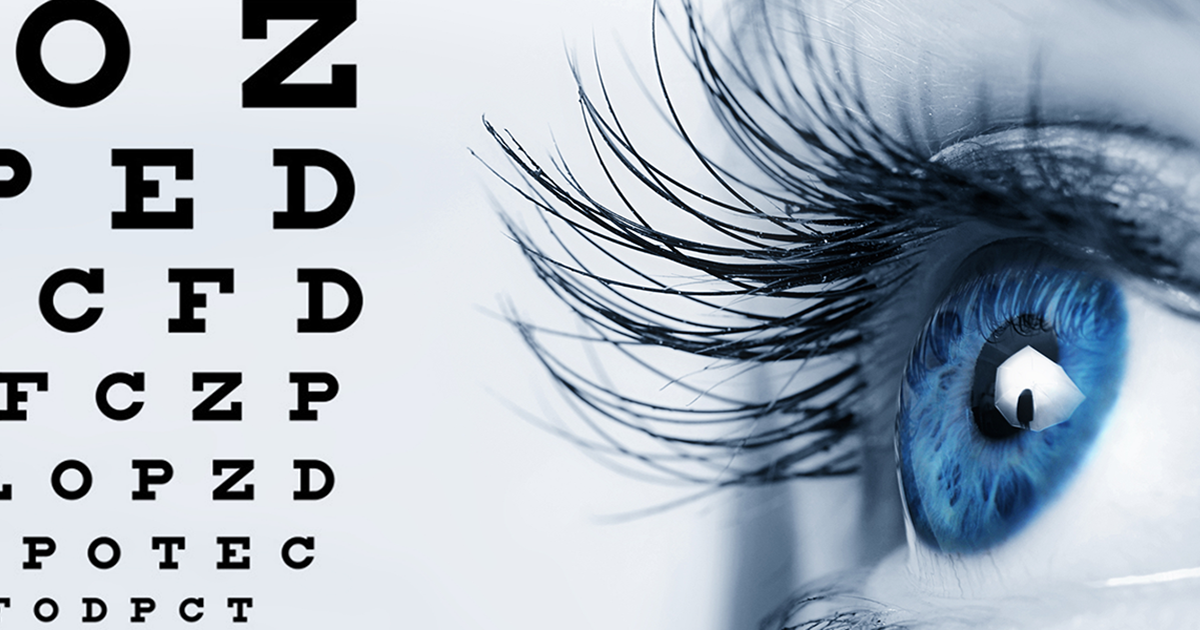Refractive Surgeries in AL: Improve Your Vision with Professional Treatment
Understanding the Numerous Eye Issues Treated by Specialized Eye Care Professionals
In the world of eye care, specialized experts play a crucial function in identifying and treating a large range of eye conditions. From typical refractive mistakes that affect vision clarity to age-related problems that present challenges as we expand older, the knowledge of these experts encompasses handling vision-threatening diseases and intricate corneal problems. The complexities of neurological eye conditions present unique challenges that require specialized care. As we get started on this exploration of the numerous eye conditions dealt with by specialized eye treatment experts, it becomes evident that the elaborate internet of ocular health and wellness holds a myriad of fascinating understandings waiting to be discovered.
Typical Refractive Mistakes
Refractive errors are typical visual problems triggered by a flaw in the eye's capability to correctly concentrate light, leading to blurred vision. The most common types of refractive errors consist of nearsightedness (nearsightedness), hyperopia (farsightedness), astigmatism, and presbyopia. Nearsightedness takes place when the eyeball is as well long or the cornea is also bent, triggering distant challenge show up fuzzy. Hyperopia, on the various other hand, occurs when the eyeball is also short or the cornea is as well level, bring about neighboring things running out emphasis. Astigmatism is characterized by an irregularly designed cornea, causing distorted or blurred vision in all ranges. Presbyopia is an age-related condition where the lens sheds its adaptability, making it hard to concentrate on close items.
These refractive errors can be corrected via numerous techniques, including spectacles, get in touch with lenses, or refractive surgical procedure. Eye treatment specialists play a crucial role in identifying and handling refractive errors to aid people accomplish more clear vision and boost their high quality of life.
Age-Related Eye Problems
One of the most common age-related eye problems is age-related macular deterioration (AMD), an illness that creates central vision loss and can make tasks like analysis and driving challenging. Cataracts, an additional common problem amongst older people, create clouding of the eye's all-natural lens, leading to blurred vision. Normal eye tests with specialized eye care experts are important for very early detection and management of these age-related eye conditions to protect vision and maintain ocular health as people expand older.
Vision-Threatening Conditions
Vision-threatening diseases incorporate a variety of serious ocular conditions that have the prospective to dramatically impact a person's vision and general aesthetic function. These conditions pose a threat of irreversible vision loss if not without delay detected and treated by specialized eye care experts. Some common vision-threatening illness consist of glaucoma, diabetic retinopathy, age-related macular deterioration (AMD), and retinal detachment.
Glaucoma is a group of eye problems that damage the optic nerve, frequently due to high intraocular pressure, leading to peripheral vision loss and possible blindness if left unattended. AMD is a progressive problem influencing the macula, leading to main vision loss.
Very early detection, routine eye examinations, and prompt intervention are important in handling vision-threatening diseases to maintain sight and maintain lifestyle. Specialized eye treatment professionals play an essential role in diagnosing, treating, and handling these problems to avoid irreversible vision loss.

Corneal Problems
Corneal disorders include a range of conditions that impact the transparent front part of the eye, known as the cornea. Therapy for corneal conditions differs depending on the details problem but may include drugs, call lenses, or in severe situations, corneal transplants. Regular eye tests are vital for very early discovery and management of corneal conditions to protect vision and eye health.
Neurological Eye Problems
Neurological eye conditions entail disorders that affect the link in between the eyes and the brain, influencing aesthetic handling and general eye function. These conditions can materialize in different ways, affecting vision, eye activities, and even the coordination between the eyes. One common neurological eye problem is optic neuritis, defined by inflammation of the optic nerve causing vision loss, shade desaturation, and discomfort with eye motion.
One more substantial condition is nystagmus, where the eyes make repeated, uncontrolled activities, impacting visual acuity and deepness perception. Additionally, conditions like amblyopia, frequently described as "careless eye," result from irregular visual development in early childhood years, resulting in reduced vision in one eye.
Neurological eye conditions need customized care from specialists like neuro-ophthalmologists that have proficiency in both neurology and ophthalmology. Diagnosis commonly includes an extensive eye examination, imaging research studies, and collaboration with neurologists to resolve the underlying neurological problems influencing the visual system. Treatment methods can consist of medicine, vision therapy, or in severe situations, medical treatments to manage these complex problems successfully.

Conclusion
In final thought, specialized eye care professionals glaucoma service near me treat a variety of eye conditions, consisting of usual refractive errors, age-related eye conditions, vision-threatening illness, corneal conditions, and neurological eye problems - refractive surgeries in al. By understanding these numerous problems and looking for proper therapy from eye treatment experts, individuals can maintain optimum eye health and vision. It is very important to focus on routine eye evaluations and adhere to suggested treatment strategies to preserve and protect one's vision for the future